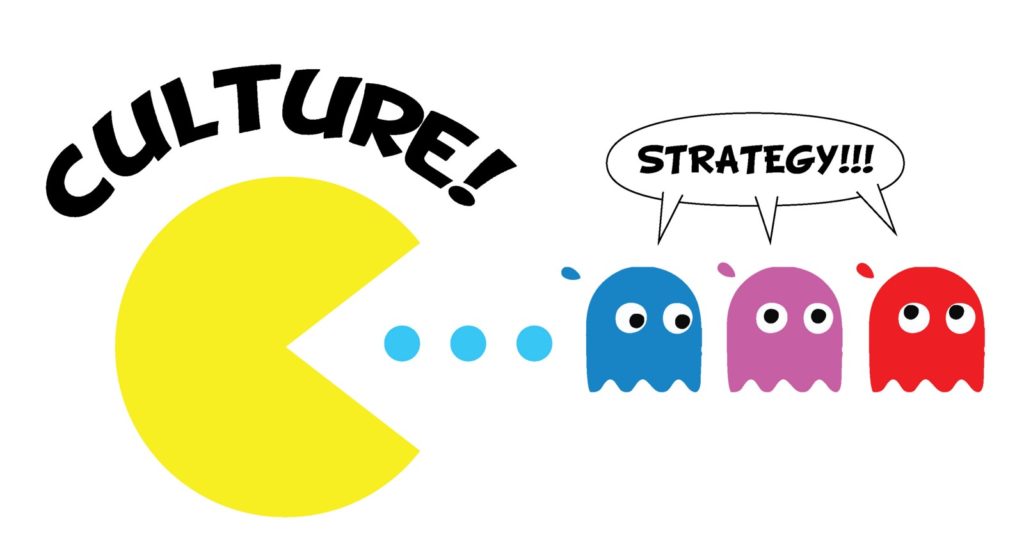If you hire the best skill set money can buy and hire highly qualified individuals, you’ll have a great team, right? WRONG. Skill set has absolutely nothing to do with team success. Sure they’ll be able to resolve technical issues better than some others can. However, can they be a good teacher to the rest of the team; can they share their learning experiences with the team; can they communicate effectively; are they able to learn from other talented individuals; do they collaborate well with everyone in the team? These are some very important questions to ask when it comes to working if your team works well together.

Over the years of working with different industries, different ages, different attitudes in the workplace there are some key ingredients I found that are the foundations of success for a team.
Trust is crucial aspect of any team. No one can ever build any relationship without trust. Trust makes us feel safe, makes is feel wanted, and makes us feel like we’re part of a team.
When individuals trust each other with tasks we are putting 100% of our belief in them to be able to complete the task.
We are empowering them to make the right decisions to get to the end goal. When all of the members in a particular team build complete trust in each other, the collaboration goes to the next level. They are able to delegate efficiently and able to concentrate on their own goals without having to worry about others’ goals.
By using accountability, responsibility, helping each other, it is building trust, little by little. When a team is working to its full potential, they trust each other one hundred per cent. If the trust is low, a team works poorly together and incorrect decisions are made. Work is duplicated and team engagement is low as they spend their time double checking others’ work. Once trust is built, the team actually gets more productive and inter-team micromanagement subsides.
When a team is working in total harmony, the team gives you more solutions rather than problems to solve. When a manager trusts them with decisions, an important reverse psychology takes place. If an employee is confident with the manager’s decision making process and the trust level is high, they will think through the problem and provide one or two suggestions to the manager to seek their approval and this also results in praise of their proactive approach. This pleases the manager as well as the employee, one gets praise and the other is proud to have an employee that solves problems for them rather than generating more work.

Responsibility is one of key aspects of any role. Every single individual knows what they are responsible for in the business and what would happen to the business performance if they weren’t taking ownership of their work. Once a project is introduced in the team, they know what the purpose of it is and what impact it will have if it were completed to a high standard. By giving an individual a project, you put their trust in them and essentially say that they are the right person for a job. You give them the responsibility to complete the project as well as they can.
The team also realises when it is appropriate to shift the responsibility. For example, when someone is starting out and they become responsible for a task that only an experienced person would do; it puts them in a challenging situation. This has two positive effects however, the person giving the responsibility builds confidence in the less experienced team member; and the person accepting the responsibility is being given the boost they need to give them self-confidence in their work; thus feeding positive energy between them which results in a stronger team bond.
Accountability is often something that’s ignored or mismanaged in
many work environments. Typically in a badly run team, when a manager
gives someone a task, they micromanage the team member until the task or
project is complete. Asking for updates throughout the project and
asking to be kept in the loop. In a well-run when a project is handed
over with all the information, the team member works through the project
until completion or they have a question or need some help. Otherwise,
we hear about the project once complete and they have any lessons they
learnt from the project.
The whole business is built around helping, we help clients achieve
better results using Technology; we help employees build better future
for themselves; employees help our clients with their day to day IT
issues. We are held accountable to be able to help if there is any
issue. A manager is held accountable if an employee is asking for help
in a tough situation. They are there to help each other and learn from
each other. Everyone has the very important task of learning from others
and teaching others what they learnt. This forms another strong bond of
trust as they know that if there is a new, difficult task at hand, they
can rely on each other to come to a solution and hold themselves
accountable to teach the rest of the team what they learnt. This
learning culture helps keep the team challenged.
Every business needs to take risks; in a similar way each team needs
to take risks to be able to find success. When Steve Jobs first
introduced the idea of a single button phone in 2006, his designers said
it was a risky idea and it will not be well accepted by the typical
3-10 button phone market at the time. This was a massive risk for Jobs
to take to try and find success. The team at apple took several designs
to Jobs and took risks about what he would and wouldn’t like. Eventually
one round button at the bottom took the cake.
Similarly, risks need to be taken in a smaller team on a smaller
scale. A new way of doing things will always involve risk. If it comes
off, it will pay dividends. Allowing your team to take risks and try new
things is crucial to feed their curious brains. Humans are inquisitive
by nature, if we don’t try new things and learn our brains get stagnant.
Introducing new processes, products, methods into the business allows
the business to self-innovate and evolve the business.
The downside of course is that risks can also go pear shaped and end
up costing time and money. Richard Branson has failed at more companies
than succeeded in. Important thing is that he learnt from every mistake
he made and improved upon it every time. If your team takes risksih and
fails it is proof that they’re trying their best to make things better.
As long as they learn from their mistakes and try a different approach
next time, it is money and time well spent.
Collectively, Trust, Responsibility, Accountability, and taking risks are important factors in building a team that will help your business find success. It is the people that make the business successful, not the leaders.






